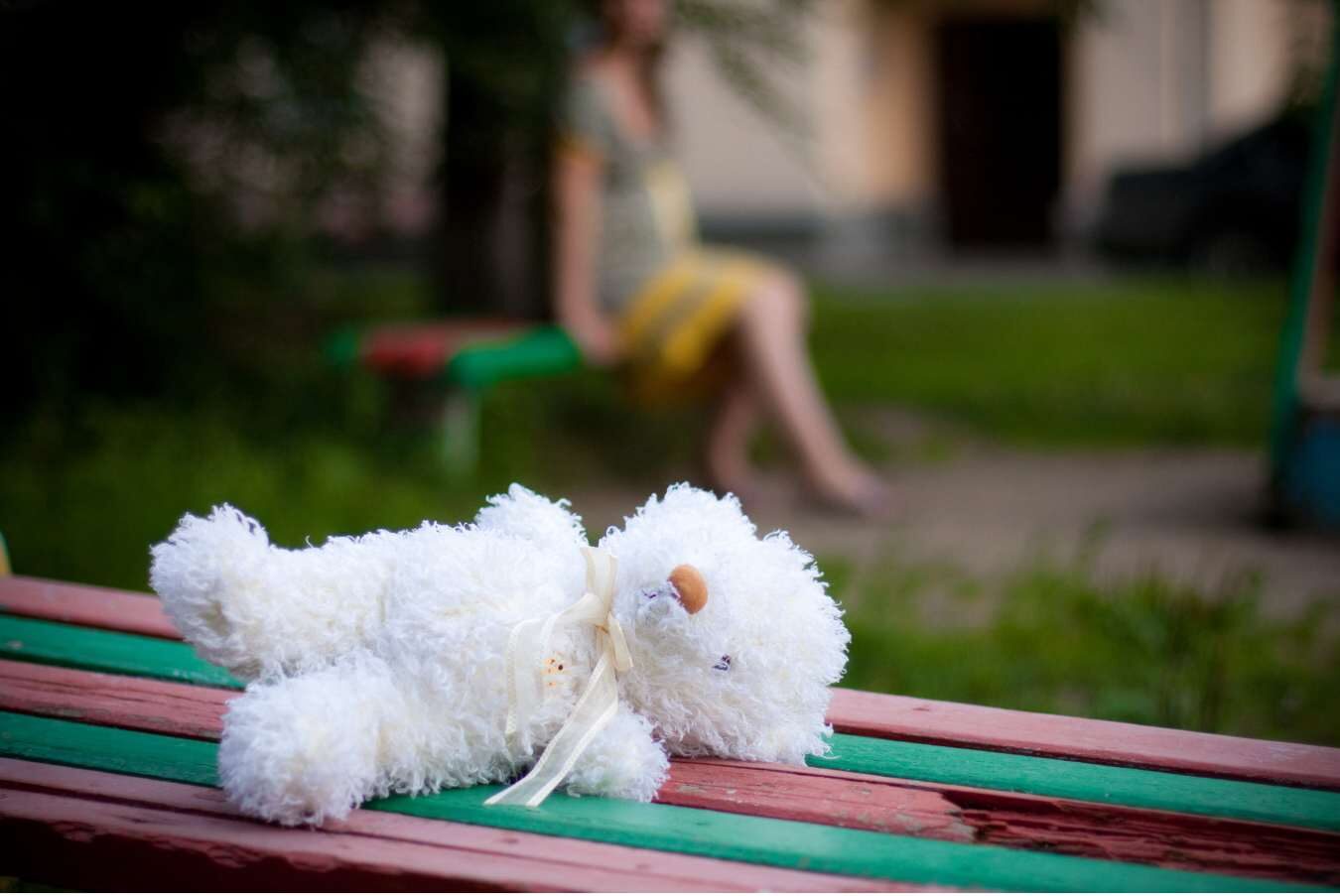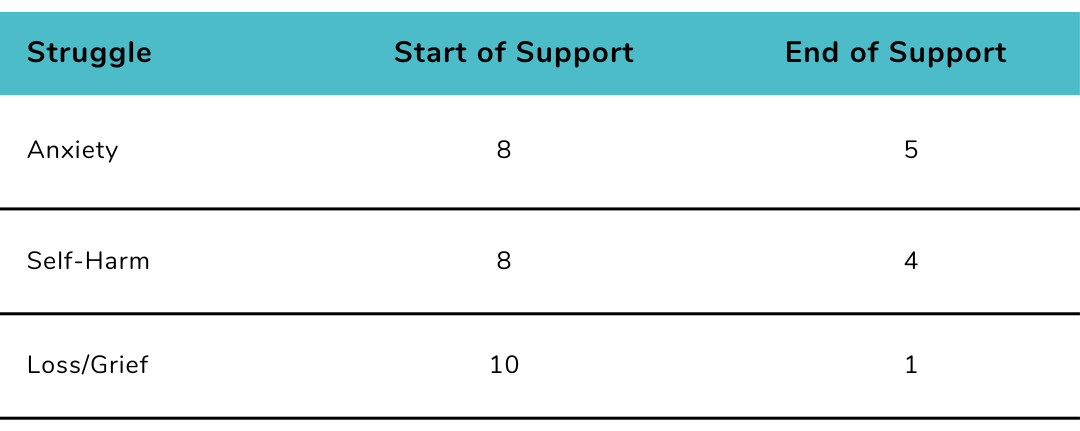7 Months Pregnant & Fleeing Abuse
INTRODUCTION
Escaping domestic abuse takes immense courage—especially when it comes after years of trauma, controlling behaviours, and emotional manipulation. We understand that recovery doesn’t begin the moment someone walks away from abuse—it begins with the right support, understanding, and resources to help rebuild a safer, more stable life.
This case study shares Sarah’s journey—a mother of two, pregnant with her third child, who self-referred to NIDAS after leaving a violent and coercive relationship. With the support of her outreach worker, Sarah began to understand the abuse she had experienced, access the right services, and take steps towards a safer future for herself and her children.
*Please note: names have been changed to protect client identities
 Sessions focused on:
Sessions focused on:
- Understanding domestic abuse and coercive control
- Developing a personalised safety plan
- The impact of domestic abuse on children
- Rebuilding confidence and self-esteem
- Navigating housing and financial challenges
- Accessing mental health and perinatal support

ENGAGEMENT AND SUPPORT
 Breaking the Cycle of Abuse
Breaking the Cycle of Abuse
Sarah had recently left her abusive partner of 18 months, moving back in with her family for safety. Despite having physically left the relationship, her ex-partner continued to exert control—demanding rapid responses to messages and using a hidden phone tracker, which Sarah only discovered after fleeing.
Through one-to-one sessions with her Domestic Abuse Outreach Worker, Sarah explored the different types of abuse she had faced—emotional, physical, and coercive control—and began to make sense of the manipulation she had endured. Together, they created a detailed safety plan and monitored risk levels using the DASH tool, which was reviewed regularly throughout her support.
 Understanding the Impact and Rebuilding Confidence
Understanding the Impact and Rebuilding Confidence
Sarah had lived through domestic abuse before and described a challenging upbringing, unstable housing, and little support from her mother. She also revealed that her ex-partner had physically harmed her eldest daughter—an incident that finally pushed her to seek help.
Sessions explored the long-term impact of domestic abuse, both on Sarah’s own well-being and her children’s development. By using tools such as the power and control wheel and relationship mapping, Sarah began to recognise unhealthy dynamics and understand why leaving had been so difficult.
Crucially, the sessions helped Sarah reclaim her confidence as a mother. With compassionate support, she worked on self-esteem, set personal boundaries, and learned how to support her children emotionally through the changes they were experiencing.
 Addressing Mental Health and Emotional Wellbeing
Addressing Mental Health and Emotional Wellbeing
Sarah disclosed ongoing struggles with her mental health, including past post-natal depression, and current thoughts of self-harm. She was referred to the perinatal mental health midwife for specialist support, ensuring she received appropriate help during her pregnancy.
NIDAS also identified that Sarah’s eldest daughter was showing signs of emotional distress, so a referral was made to our Children and Young People’s Worker. This holistic, family-focused approach helped ensure both Sarah and her children were supported throughout.
 Practical Support – Housing and Essentials
Practical Support – Housing and Essentials
At the time of referral, Sarah was sharing a bedroom with her 2 daughters in her family’s home. Her outreach worker provided a supporting letter for her housing application, which helped her move into a new property where each child had their own bedroom—and there was space for the baby once born.
NIDAS also helped Sarah access the Household Support Scheme, providing beds, mattresses, a fridge and freezer, and food vouchers—some of which were used for school uniforms. These practical steps helped to restore stability and dignity in Sarah’s day-to-day life.

OUTCOMES
Through her time with NIDAS, Sarah experienced positive changes in several key areas of her life. The support she received enabled her to gain clarity, build her confidence, and secure a safer environment for herself and her children.
Positive changes were also evident in Sarah’s:
- Mental health and coping strategies
- Confidence in parenting
- Relationship with her children
- Ability to identify red flags in relationships
- Access to support services and a sense of independence

With each session, Sarah grew stronger, rebuilding her home and her sense of self. She learned to name the abuse, set boundaries, and take practical steps toward a safer, more hopeful future. Her journey is a testament to the power of early intervention, empathetic support, and the resilience that can rise even from the darkest places.
NEED TO MAKE A REFERRAL?
You can request a referral form by contacting us directly by calling at 01623 683 250 or emailing at [email protected])
Telephone: 01623 683 250
(Monday – Thursday 9:00am – 5:00pm and Friday 9:00am – 4:30pm)